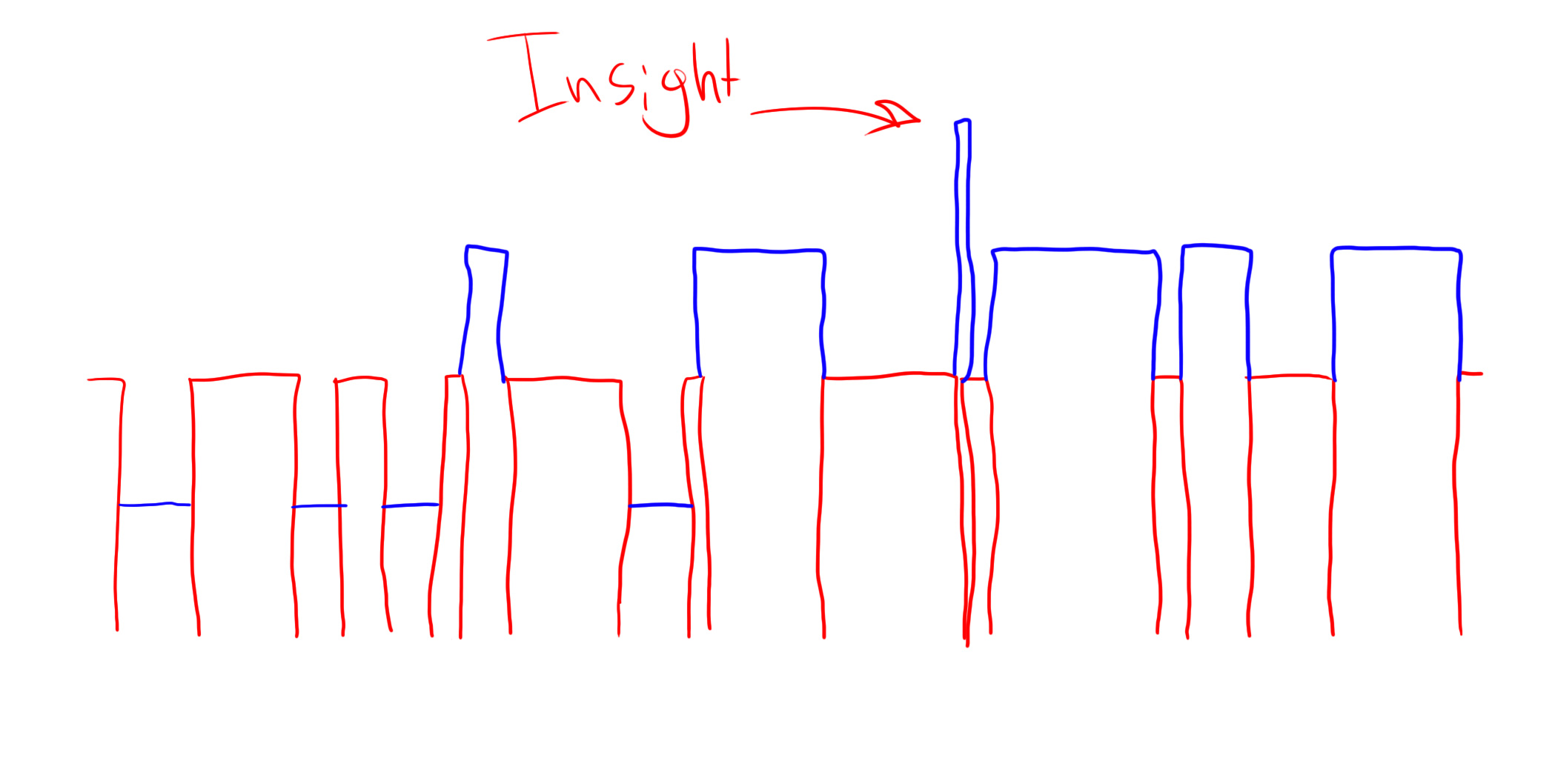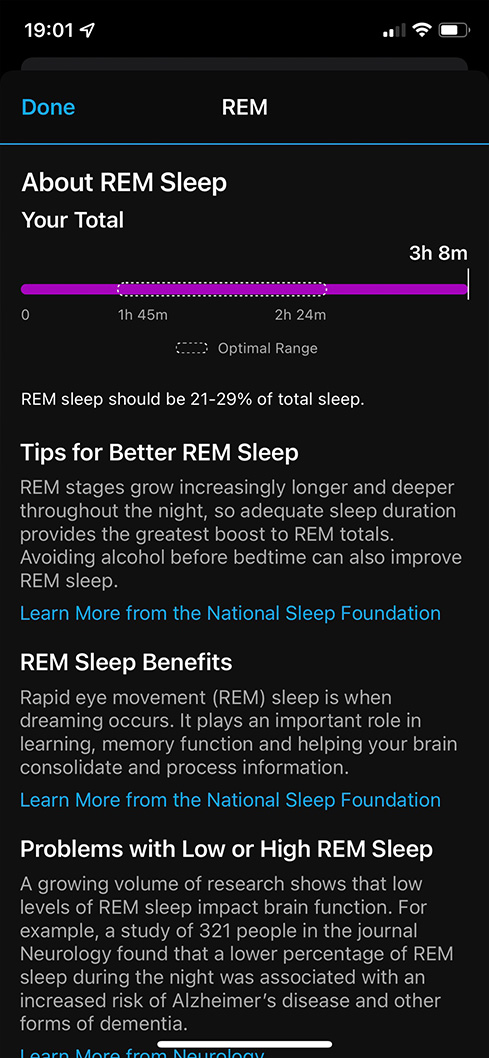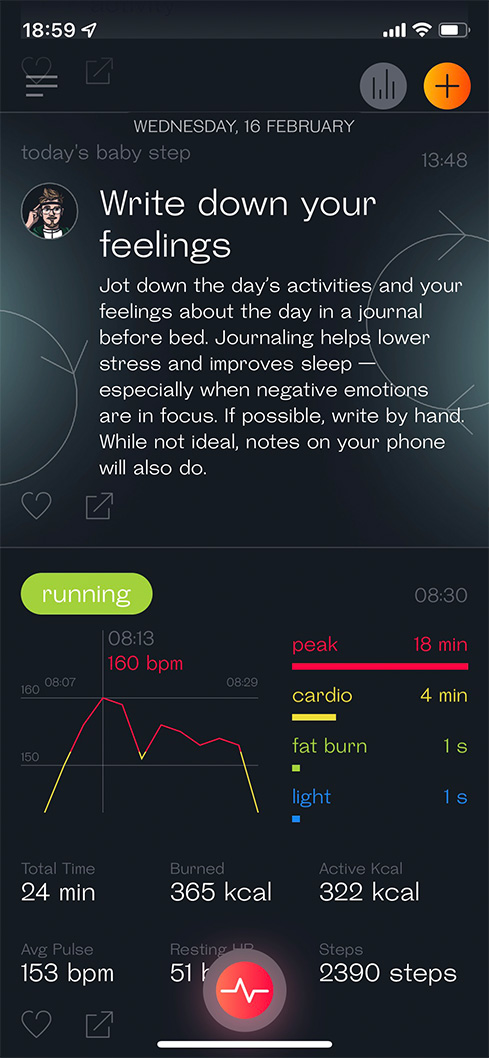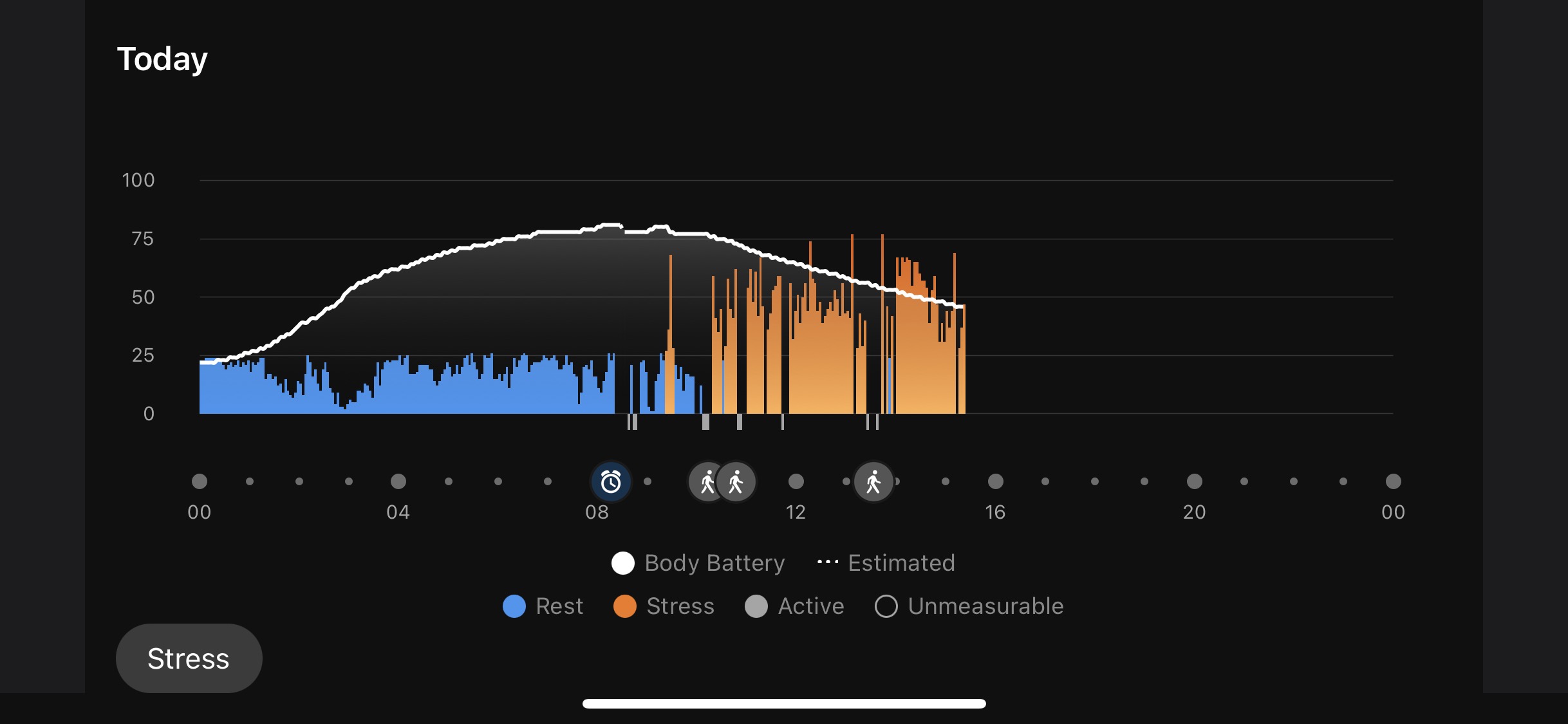How do smart trackers fool us?
There are a lot of trackers that you can use to collect various metrics of your day. What is more, each of these trackers claims that it will improve the concrete sphere of your life. Garmin’s ecosystem is built around sports metrics. Oura Ring declared that it would help you improve your sleep.

The main problem is that none of these trackers can provide personal advice based on your data. Each of these trackers states in AD that you can improve your life by gathering metrics with their help. I will explain why it is a false statement.
You can find a ton of information in the Garmin app or other fitness apps. For instance, you can find your running cadence (number of steps per minute) and elevation in one graph. So what? How can you use this information to improve your results? Why do trackers gather data but not provide any personal insights, not generic ones but concrete ones?
From my point of view, the main reason they do not give you concrete suggestions is that they do not want to take responsibility for recommendations. On the other side, these companies know that their users are willing to gain such insights. So this is a dilemma for such companies. How to provide personal recommendations for trackers users without taking responsibility? Each company has its approach to this question.
I see three main ways how companies overcome this dilemma:
1. Provide users with average metrics.
For instance, the Garmin app shows what the length of REM stage sleep is. By revealing those metrics, it can assist you in understanding if your REM stage from last night is within the average interval or not. You will not get any personal advice based on your metrics, only a generic one. The app shows you the right direction, and this ‘right’ is a blurry one.

2. Create ‘‘personal health media’’.
It means to educate customers with content that discloses metrics deeper. For instance, you can create two pice of text explaining how long or short sleep affects the body. An app can show a person a text that fits his data based on the person’s metrics. For example, the Welltory app creates an individual feed with insightful content based on your metrics.

3. Invent a new branded metric with the ‘‘secret’’ formula.
In the Garmin app, you can find the Body Beterry widget. Gramin states that:
Body Battery can be used to help manage a user’s day. When the number is high, it should mean the user has enough energy for a workout or exercise. Conversely, when the value is low, it may be a good idea to conserve and rest.
Your Body Beterry points are linked to the amount of stress, quality of your sleep, amount of activities. As alcohol or caffeine affects your sleep, your Body Beterry point is concerned too.

That is a trick, Garmin pushes you to increase your points of this metric. But as the formula behind it is hidden, suggestions of what you should improve are blurred too. The most important thing is that if they are blurred, the company takes no responsibility for this recommendation.
;—)
Conclusion
None of these approaches can be valued as personal recommendations. Even companies try to wrap them that way in marketing materials. Without any doubt, in the long run, the winner will be the companies that will find a way to gain truly personal insights.
I have a rough guess where the solution may lay. I will later share my thoughts on this theme. What is your experience with smart trackers? Do they have any effect on your life?
